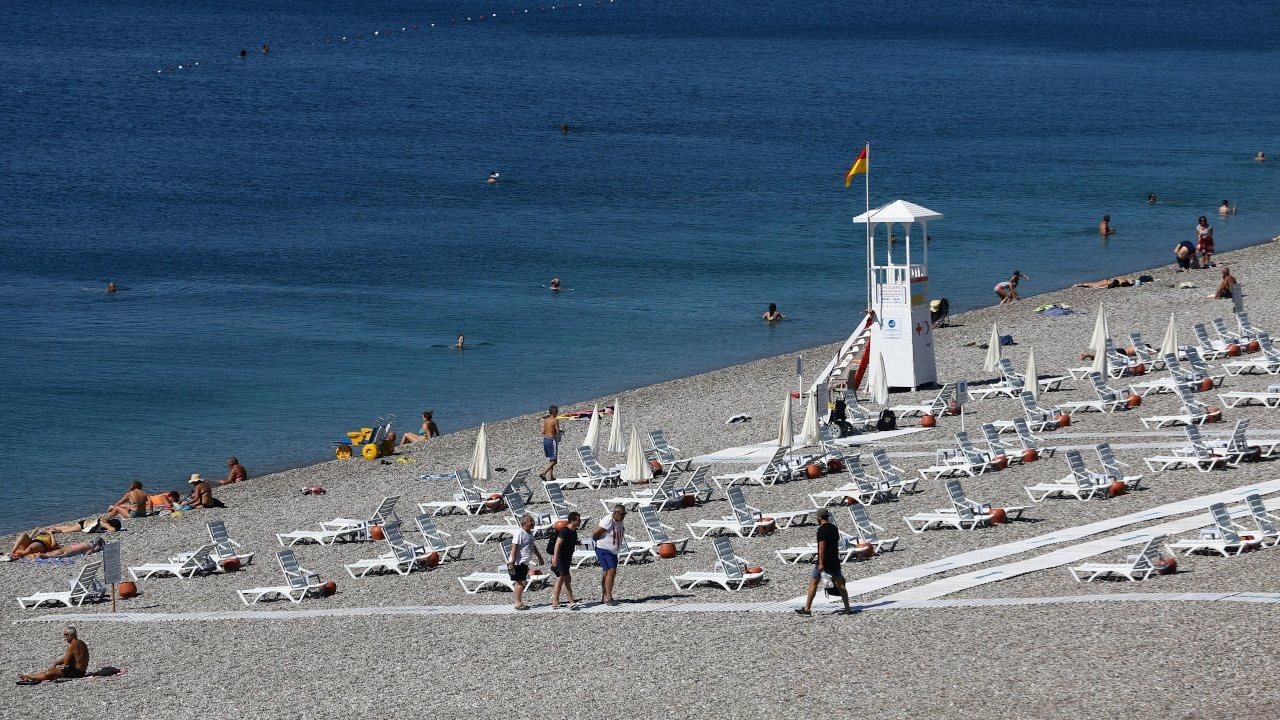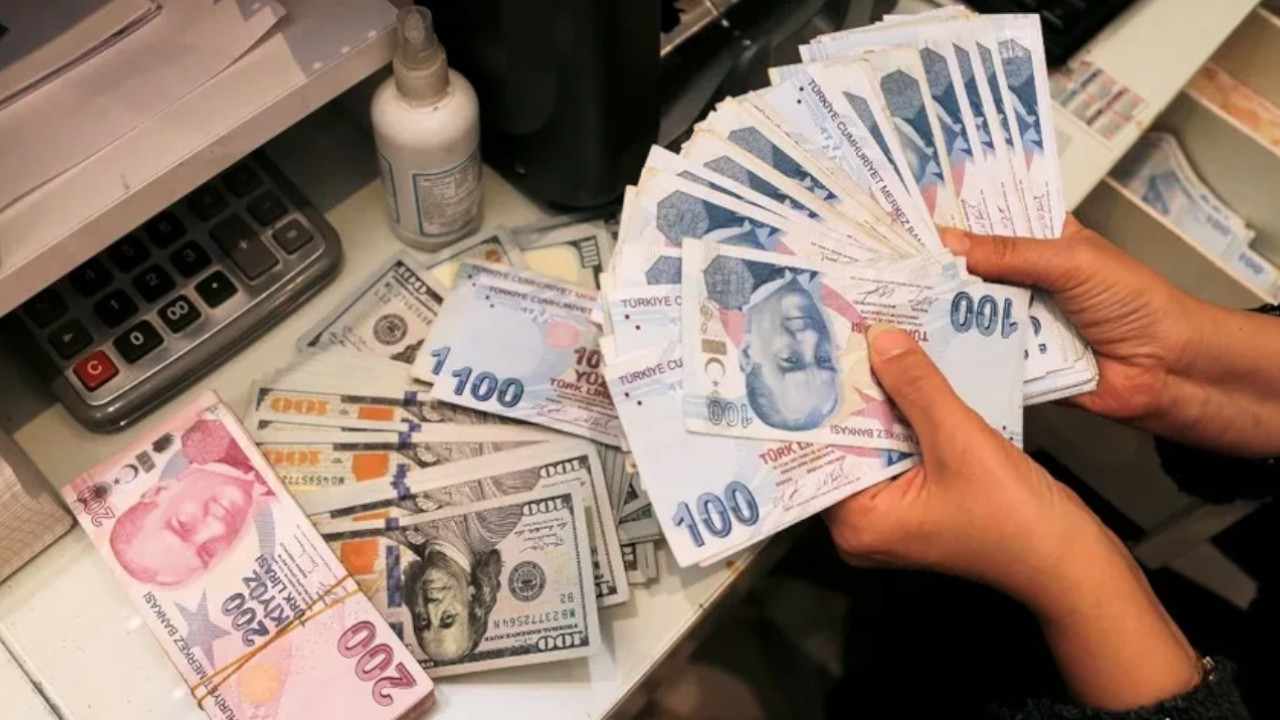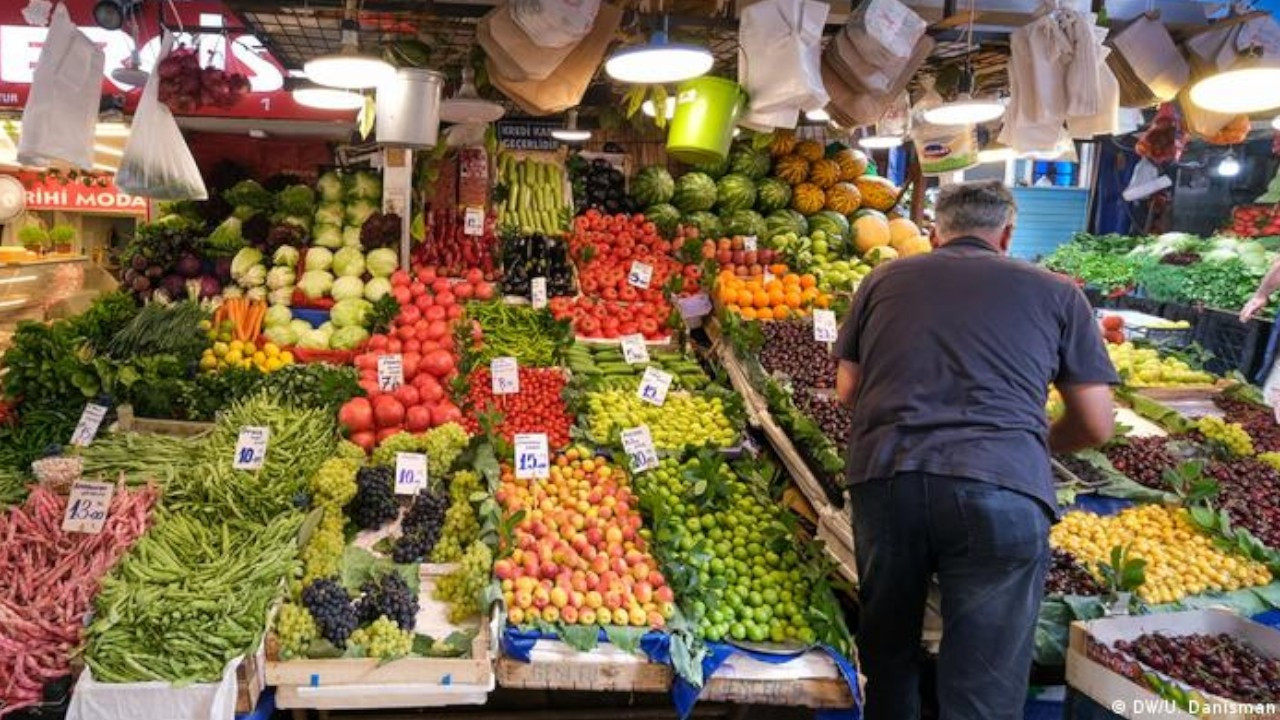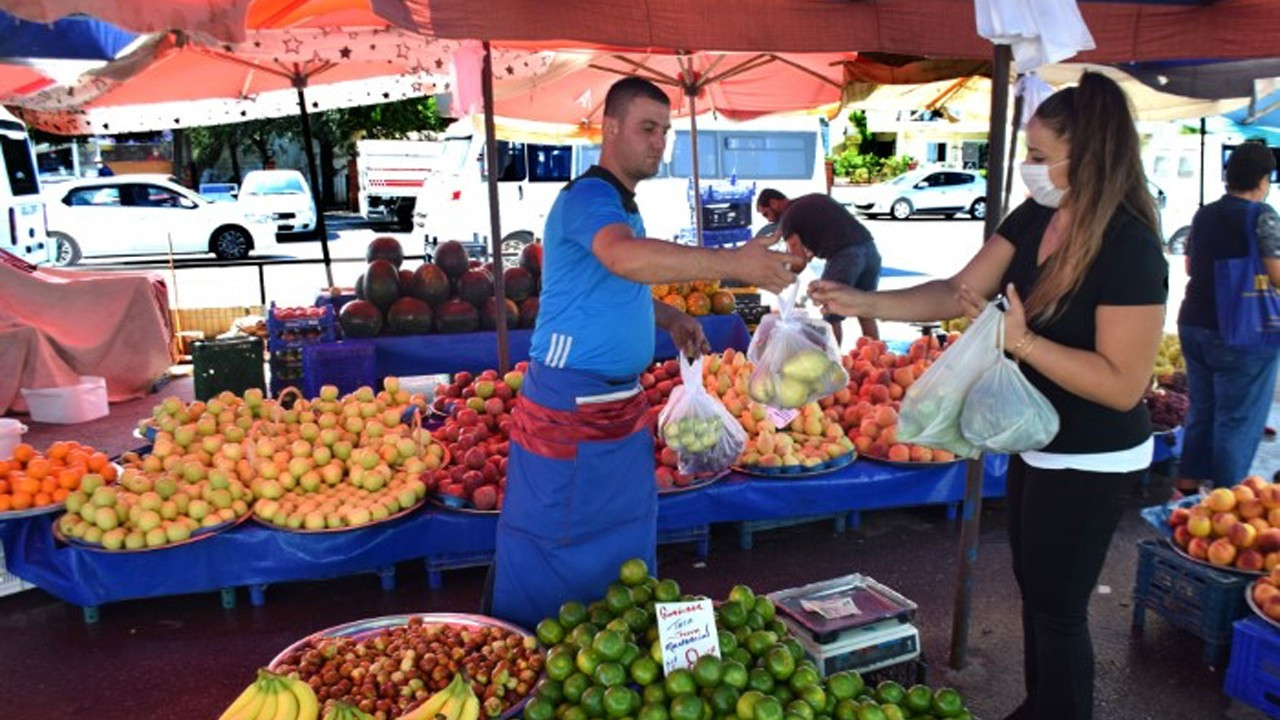Turkey’s currency crisis poised to worsen with severely depleted central bank reserves, say experts
Experts say Turkey’s currency crisis will worsen as the central bank's net reserves have tumbled to a negative $55 billion once FX 'swap' deals with domestic banks are accounted for.
Reuters
Another 9% plunge in Turkey's lira this month and debt market danger gauges at levels last seen during the 2008 global crash have prompted investor concerns that a fresh crisis might be brewing in the country.
Whether President Tayyip Erdoğan's government can avoid market turmoil, just five months after the last bout, will have big implications for his re-election prospects - and for a potential return of foreign investment if he loses.
The latest lira slump - it is down 20% this year - combined with soaring global energy and food prices means inflation is now at 70% and rising, while emergency measures Ankara adopted at the height of last year's turmoil are about to be seriously tested.
Authorities managed to avert a full-blown implosion in December by selling currency reserves and creating special bank accounts protecting savers and corporates from large lira falls in an effort to discourage hoarding of U.S. dollars, euros or gold.
But the appeal of these accounts, known as KKM, could be waning as critical summer 'rollover' dates approach. Meanwhile, the central bank's net reserves have tumbled to a negative $55 billion once FX 'swap' deals with Turkey's domestic banks are accounted for.
"Turkey is not a dead certainty for a big crisis but the odds of one are a long, long way from zero," said abrdn fund manager Kieran Curtis. "They are at risk of losing control of the situation."
Erdoğan's government says fallout from the war in Ukraine has delayed efforts to balance the current account with a combination of credit, exports and targeted investments. The central bank says inflation will cool by year-end.
Still, the sky-high energy and food prices, along with the lira's drop and 50% domestic lending growth, are driving inflation towards triple digits. However on Thursday the central bank left interest rates untouched at 14%.
There are also renewed concerns about Turkey's testy relationship with the West after Erdoğan said he would veto bids by Finland and Sweden to join NATO, accusing them of harbouring people linked to outlawed Kurdish separatists.

 Summer tourism expected to stabilise economy in TurkeyEconomy
Summer tourism expected to stabilise economy in TurkeyEconomy Turkey's Central Bank holds rate at 14 percent despite soaring inflationEconomy
Turkey's Central Bank holds rate at 14 percent despite soaring inflationEconomy Food prices increased by 160 percent in one year in Turkey: StudyEconomy
Food prices increased by 160 percent in one year in Turkey: StudyEconomy Turkey's inflation surges to 20-year high of 70 percent in AprilEconomy
Turkey's inflation surges to 20-year high of 70 percent in AprilEconomy